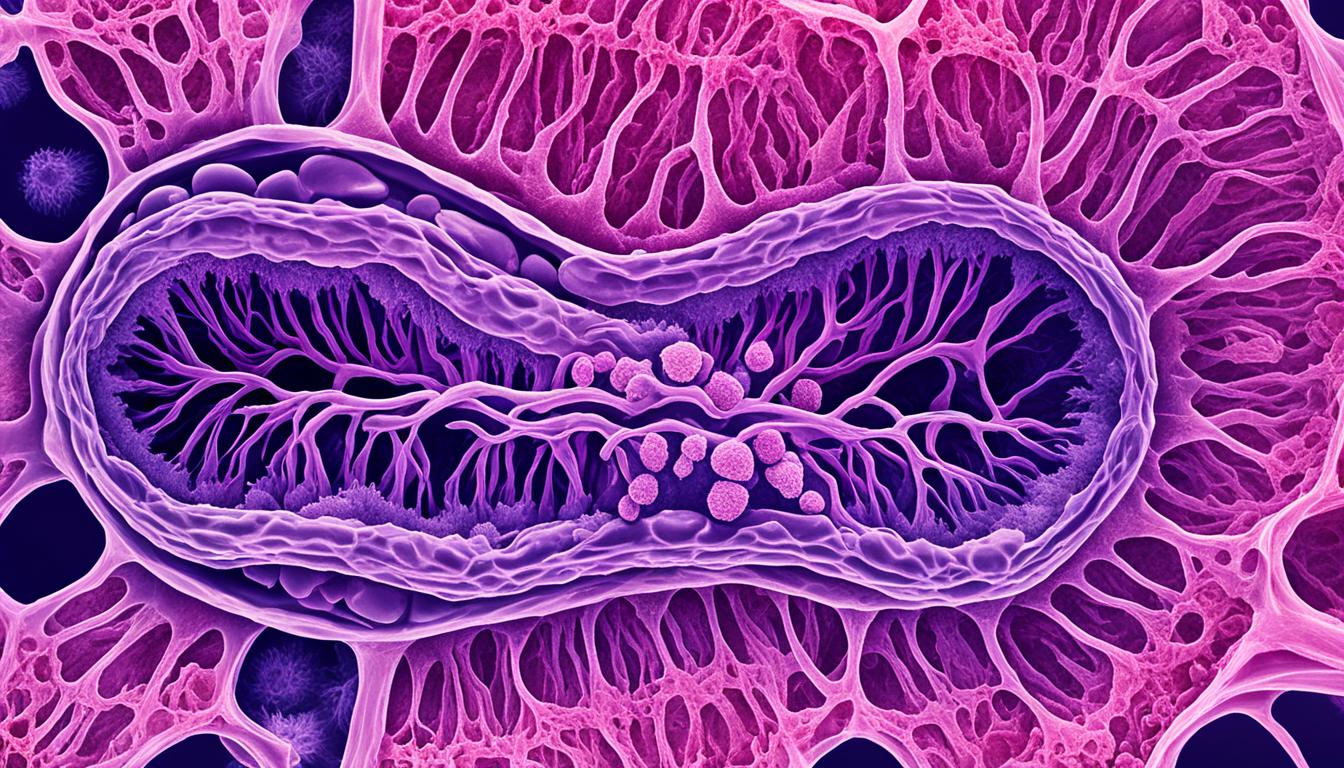Esophageal cancer is a serious illness that impacts the tube from the throat to the stomach. It’s quite common in Thailand, affecting many people. This disease shows up as tumors on the esophagus’s lining.
This type of cancer has tricky symptoms that differ by stage. People might feel like they are choking, have trouble eating, or spit up food. Other signs are coughs that won’t go away, losing weight, and a dry, dark skin. Drinking too much alcohol, smoking, and eating poorly all raise the risk. So does being obese or having other cancers close to the throat.
To find esophageal cancer, doctors may do X-rays and look down the throat with a tiny camera. They also might take a small piece of tissue to check for cancer cells. These tests help know if the disease is there and how bad it is.
How they treat esophageal cancer depends on many things, like how big the tumor is. They might use surgery, radiation, or drugs to kill the cancer. New treatments, like using a patient’s own cells to fight the cancer, are also being studied. This gives hope for better ways to help people with esophageal cancer.
Key Takeaways:
- Esophageal cancer affects the tube that runs from the throat to the stomach.
- Common symptoms include difficulty swallowing, weight loss, and hoarseness.
- Risk factors for esophageal cancer include alcohol and tobacco abuse, obesity, and certain esophageal diseases.
- Diagnosis methods include X-ray, esophagogastroduodenoscopy, and biopsy.
- Treatment options include surgery, radiation therapy, chemotherapy, laser treatment, photodynamic therapy, and autologous immunotherapy.
Prevention and Prognosis of Esophageal Cancer
To lower esophageal cancer risk, limit alcohol and tobacco use. These are major factors in raising the risk. A healthy lifestyle is crucial. Regular exercise and a balanced diet help.
Eating fruits, vegetables, grains, and lean meats can lower risks. It also helps maintain a healthy weight. Check your health regularly, especially if you’ve had certain conditions. Early detection is key to a better outcome.
Diagnostic Methods for Esophageal Cancer
Different tests can diagnose esophageal cancer. Methods include x-rays and esophagogastroduodenoscopy (EGD). A biopsy is also done. It analyzes tissue for cancer cells.
These tests help doctors know how severe the cancer is. This determines the best treatment.
Staging and Prognosis of Esophageal Cancer
Doctors stage esophageal cancer to describe its severity. There are four stages. Staging helps decide the best care and predicts the outcome.
Early stages are when cancer is only in the surface of the esophagus. Later stages mean it goes into deeper tissues or spreads. Prognosis and care change with the stage.
Stage 4 means the cancer has spread to other areas. Treatment and outlook are different across stages. Early detection and healthy habits are vital in fighting this disease.
In summary, avoiding risk factors can greatly lower esophageal cancer chances. Regular screenings help catch it early. This always leads to better outcomes for patients.
Overview of Esophageal Cancer Stages and Prognosis
| Stage | Description | Prognosis |
|---|---|---|
| Stage 1 | Cancerous cells located in the upper layer of the esophageal wall | Better prognosis with higher chances of successful treatment |
| Stage 2 | Cancerous cells invading deeper layers of the esophagus | Prognosis depends on the extent of cancer spread |
| Stage 3 | Cancerous cells spreading to nearby lymph nodes | Treatment options become more limited |
| Stage 4 | Spread of cancer cells to other parts of the body | Prognosis becomes more challenging, treatment focuses on palliative care |
Treatment Options for Esophageal Cancer
Treating esophageal cancer depends on many things, like how big the tumor is and if it has spread. The patient’s health plays a big part too.
The main way to treat esophageal cancer is surgery. Doctors cut out the tumor and the part or all of the esophagus. They also remove nearby tissues and lymph nodes. This helps stop the cancer from spreading.
Doctors might also use radiation therapy. This treatment uses high-energy rays. It can be used alone, with chemotherapy, or before surgery. Its main job is to shrink the tumor so it’s easier to remove. Chemotherapy is another option. It uses drugs to kill cancer cells all over the body.
Laser therapy is a method that uses high-energy light to kill cancer cells. It can also help open blocked parts of the esophagus. Photodynamic therapy is a treatment that uses special drugs to target the cancer.
There have been big steps in treating esophageal cancer recently. For example, researchers have found new treatments like autologous immunotherapy and stem cell therapy. Autologous immunotherapy uses the patient’s immune system to fight the cancer. Stem cell therapy looks into using stem cells to treat the cancer.
All these new treatments give hope for better results and a higher quality of life for esophageal cancer patients.

